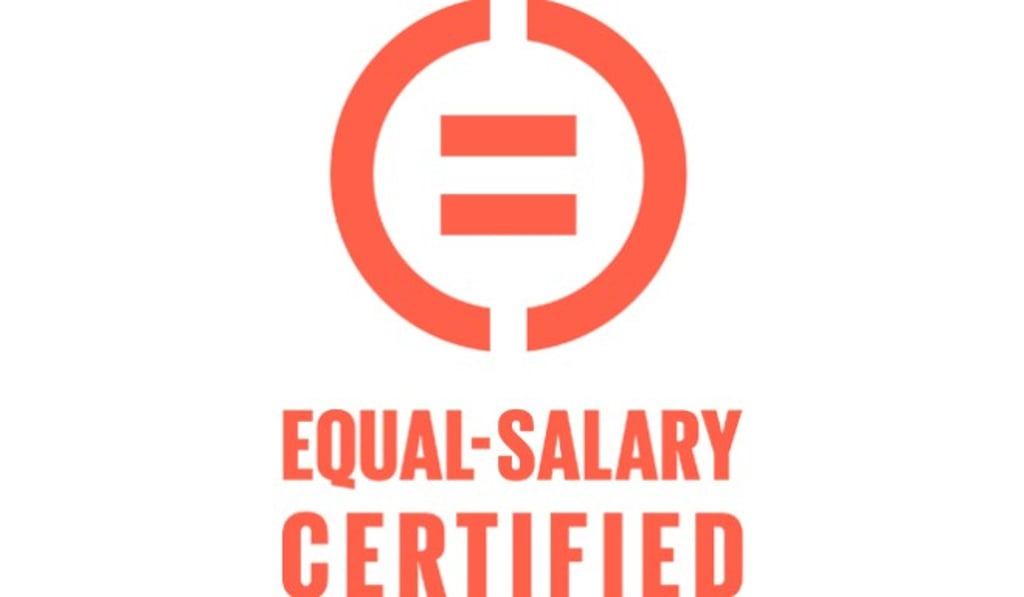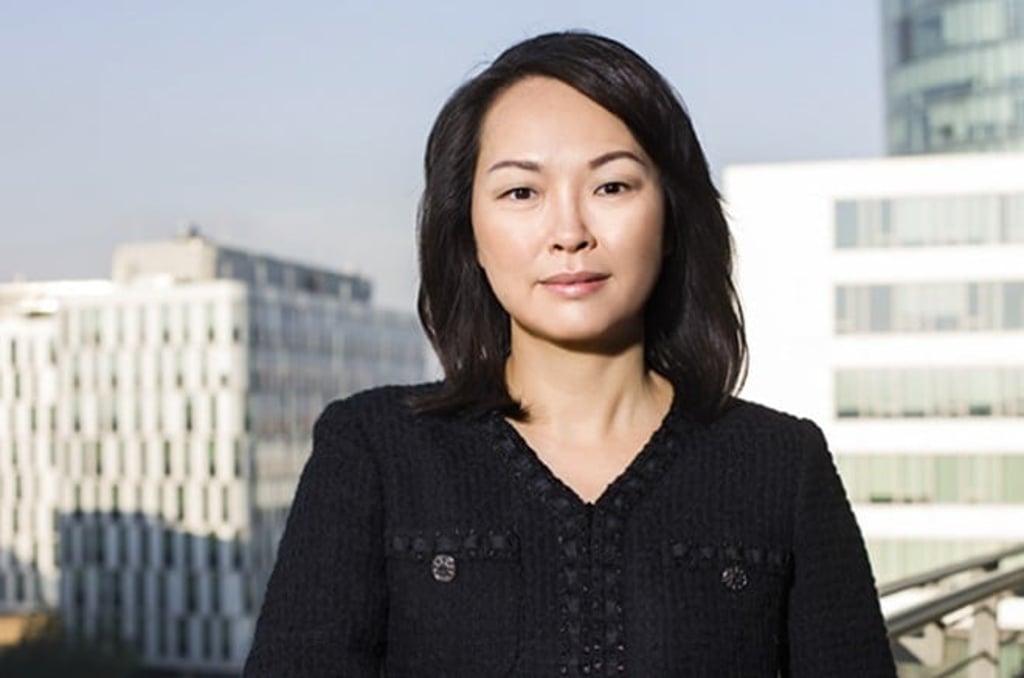
[Sponsored Article]
Last year, the world changed, and deep-rooted societal inequalities were thrust into the spotlight. As a result, we must step up – as a society, organizations and individuals – to address the gender disparities we see each day. Business can and must play a role in leading change, and the first step is to elevate inclusion and diversity (I&D) within the organization as a strategic business priority and to drive this change forward.


Inclusivity is also a smart business decision, said Chan: “Having worked in PMI for more than two decades across different markets, I have experienced first-hand how an inclusive and diverse workforce could drive employee engagement, boost productivity, and spur innovation leading to greater long-term success. For me as a female executive who is ‘made in Hong Kong’ and had stationed in Thailand, Australia and Europe with PMI, I always believed that diversity is a strength to drive creativity and innovation, especially when we open up for conversations and welcome disruptive ideas from talent of different background, culture, gender and skills. As we transform our business to provide better and scientifically substantiated alternatives to cigarettes, bringing out the best of our talent by increasing diversity is essential.’’
Companies need talent from different genders and backgrounds in decision-making roles to help solve today’s complex problems. As PMI transforms their business to become a science and technology leader in innovative and evidence-based smoke-free products, they are geared toward improving their gender balance and increasing diversity as a strategic priority. Silke Muenster has been appointed global chief diversity officer, and she has the support of the board and senior leadership who believe in the value of I&D as a business priority, helping the organization stay consumer centric while driving employee engagement around the organization’s vision and goals.
Advancing gender balance in the workplace is not about box-ticking and doesn’t rest with any one individual or just one department. It’s about having the best chance of driving the business forward with diverse ideas and innovation together; galvanizing the collective energy and commitment of everyone in the organization. Crucially, businesses must walk the talk by setting goals and measuring progress against them. Ensuring that both men and women enjoy the same opportunities in the workplace, not just on International Women’s Day but every day, would enable us to achieve meaningful change.
This is how we can move forward together: By making inclusion count.